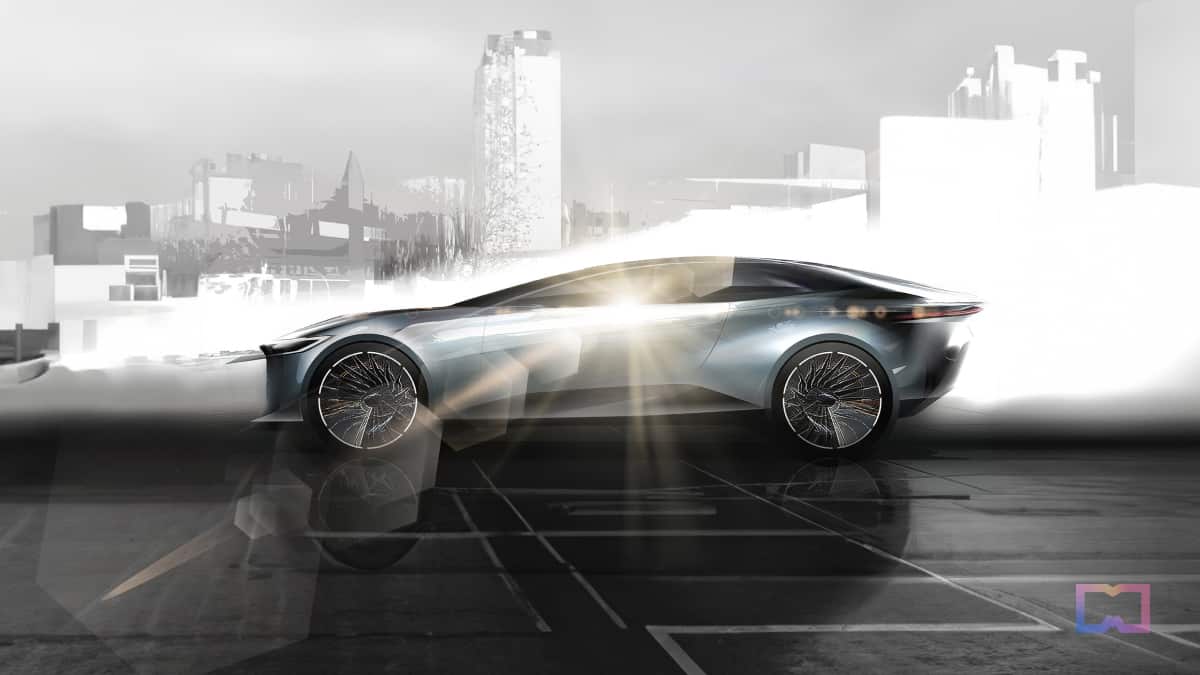South Korea’s INU Researchers Develop Deep Learning Model to Enhance Autonomous Vehicle Safety


In Brief
Incheon National University researchers have developed a AI system to make self-driving cars safer, even in bad weather or on tricky roads.

Researchers at South Korea’s Incheon National University (INU) have developed a new AI system that makes self-driving cars safer even in bad weather or on tricky roads.
Autonomous vehicles need advanced systems to spot objects and avoid crashes, but current methods struggle in bad weather or on messy roads.
Now, an international team of researchers led by Professor Gwanggil Jeon from the Department of Embedded Systems Engineering at INU, Korea, has developed an Internet of Things (IoT) enabled deep learning-based end-to-end 3D object detection system to improve the ability of self-driving cars to detect things even in uneven conditions.
“Our system works in real-time, making self-driving cars better at spotting things and navigating through traffic,” said Prof. Jeon.
The team shared their findings online on October 17, 2022, and published them in the journal IEEE Transactions on Intelligent Transport Systems in November 2023. Self-driving cars could help ease traffic and make travel comfortable and safer. Adding self-driving tech to electric cars could also make transportation more eco-friendly.
Utilizing Deep Learning to Fix Flaws in Existing Technologies
One big challenge for self-driving cars is spotting and avoiding obstacles, people and other vehicles in different situations. Current self-driving cars use smart sensors like LiDARs for a 3D view, RADaR for night and cloudy weather, and cameras for images. However, these sensors struggle in bad weather or on messy roads.
To fix this, researchers have developed a new system that uses a technique called YOLOv3 for 2D visual detection and modified it to detect 3D objects. By using data from smart sensors and cameras, the system creates boxes around obstacles with scores and labels.
To test the system, the team used the Lyft dataset, which included road data from 20 self-driving cars in California. The results showed that YOLOv3 is very accurate, with an impressive 96% accuracy for 2D detection and 97% for 3D detection.
Prof. Jeon believes this improved system could make self-driving cars more popular. “This system could make self-driving cars a common sight, transforming how we travel and boosting the economy by making transportation more efficient,” he said.
The study is also expected to inspire more research in areas like sensors, robotics, and artificial intelligence. In the future, the team plans to explore other advanced learning methods for 3D object detection, building on the current focus on 2D image development.
This study could open new gates of opportunities for self-driving cars, making them more widely used and creating a greener, more comfortable way to get around.
Disclaimer
In line with the Trust Project guidelines, please note that the information provided on this page is not intended to be and should not be interpreted as legal, tax, investment, financial, or any other form of advice. It is important to only invest what you can afford to lose and to seek independent financial advice if you have any doubts. For further information, we suggest referring to the terms and conditions as well as the help and support pages provided by the issuer or advertiser. MetaversePost is committed to accurate, unbiased reporting, but market conditions are subject to change without notice.About The Author
Kumar is an experienced Tech Journalist with a specialization in the dynamic intersections of AI/ML, marketing technology, and emerging fields such as crypto, blockchain, and NFTs. With over 3 years of experience in the industry, Kumar has established a proven track record in crafting compelling narratives, conducting insightful interviews, and delivering comprehensive insights. Kumar's expertise lies in producing high-impact content, including articles, reports, and research publications for prominent industry platforms. With a unique skill set that combines technical knowledge and storytelling, Kumar excels at communicating complex technological concepts to diverse audiences in a clear and engaging manner.
More articles

Kumar is an experienced Tech Journalist with a specialization in the dynamic intersections of AI/ML, marketing technology, and emerging fields such as crypto, blockchain, and NFTs. With over 3 years of experience in the industry, Kumar has established a proven track record in crafting compelling narratives, conducting insightful interviews, and delivering comprehensive insights. Kumar's expertise lies in producing high-impact content, including articles, reports, and research publications for prominent industry platforms. With a unique skill set that combines technical knowledge and storytelling, Kumar excels at communicating complex technological concepts to diverse audiences in a clear and engaging manner.





















































